Clutter has profound psychological effects on our brains and emotions. We can feel the clutter around us and measure it by our stress levels. A messy desk makes it hard to get work done. An untidy room can be difficult to fall asleep in. A cluttered playroom makes learning harder than it needs to be.
Children are just as susceptible to clutter-induced stressed as we are, but identifying that it’s the clutter that’s bothering them takes acute executive functioning skills that they haven’t gained yet. As parents and educators, we have to step in and organize the space so they can focus.
The first step is to understand how clutter affects our brains.
Clutter bombards our brains with stimulation.
There’s a difference between sensation and perception. Your brain actually senses everything around you – sights, smells, physical touches, etc. It filters out what you need to know and discards the irrelevant. For instance, after walking through a room, you might recall that there was a table present, but not its color. Your brain stored the position of the table, but threw out an unnecessary detail.
When a room is cluttered, your brain is forced to constantly weigh and evaluate each kernel of information that passes through your sensors. It’s working overtime. This is exhausting and over time will cause stress.
Clutter is distracting.
It’s hard to keep your focus when there’s a lot of stuff around you. Your eyes are drawn away from whatever you’re doing, which breaks your concentration. This makes being creative difficult. Creativity requires a certain amount of momentum. We need stretches of uninterrupted time to experiment and test.
Kids are especially vulnerable to distractions (as I’m sure you are aware). If their play is often interrupted, they’re losing valuable development time.
Clutter prevents us from finding what we need.
Have you ever lost precious moments looking for something that you need? If you can’t find your car keys in the morning, you get out the door late and start the whole day off on the wrong foot. Children experience the same problems. When they’re inspired to create or play with something, they feel frustration when they can’t find it, and whatever development process that was happening in their head at the time is abandoned.
This is one of the reasons a labeling system is so powerful in a playroom. When your child can immediately find the materials and toys they desire, their creative process are continuous and the learning never stops.
While clutter is bad to have in your home, it's even worse to have in your work space. Rockin' Green put together a list of 5 habits to help you stay clean and organized at work!
Guest Blog by Karri Bowen-Poole, Founder of Smart Playrooms
Smart Playrooms is owned and operated by teachers with many years of classroom experience and expertise. They bring the most effective classroom organization techniques and learning strategies into your home.
Smart Playrooms works to encourage kids to get back to the basics of play, using their creative side for art projects and imaginary play. Stressing that less is more, they help moms focus on the toys that will add to the experience. Some moms ask them to help organize their home, but Karri and Chris really like the idea of using their educational backgrounds to create custom designed playrooms. Plus, this gives them a niche in the market. Former teachers setting up your playroom – what could be better!
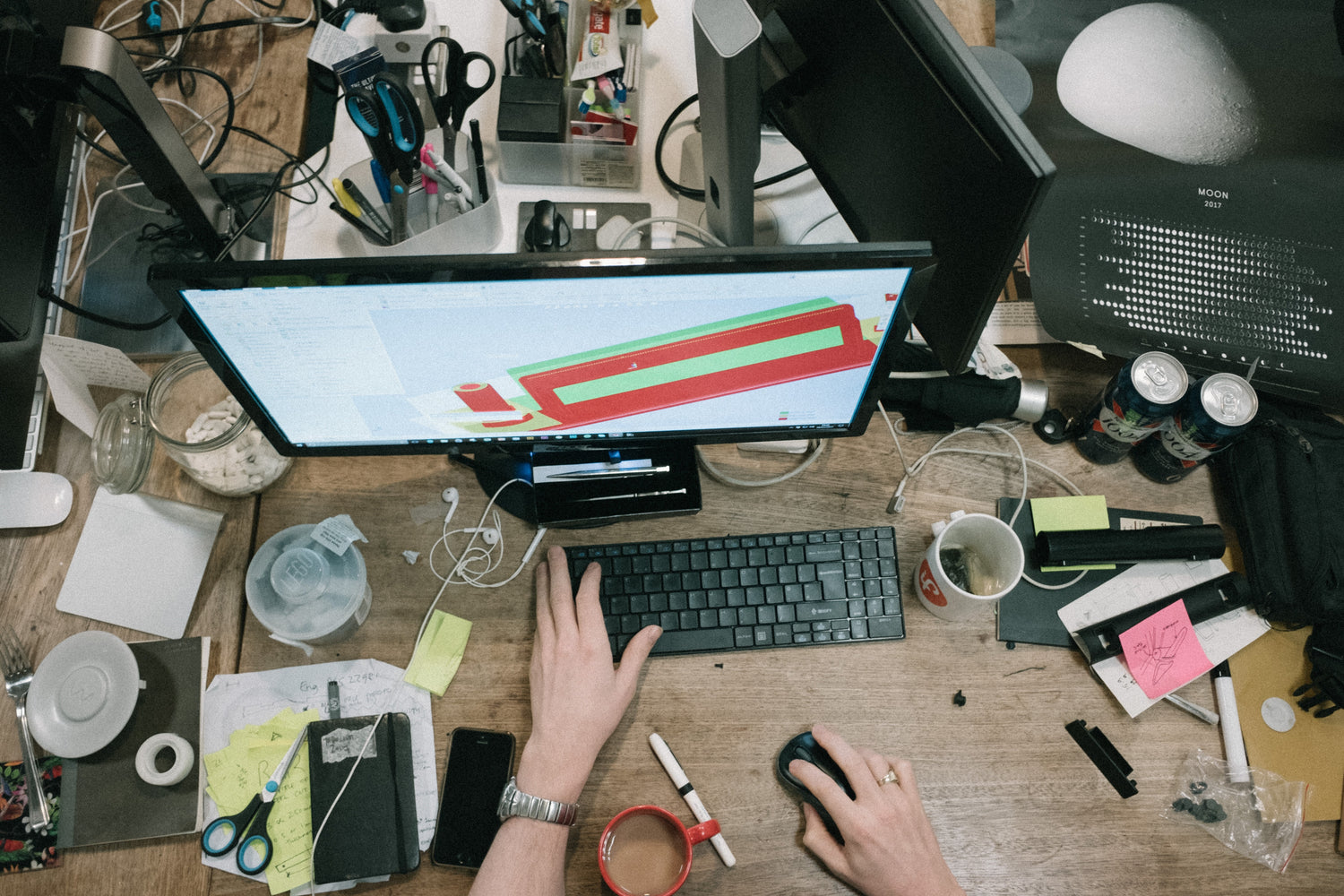
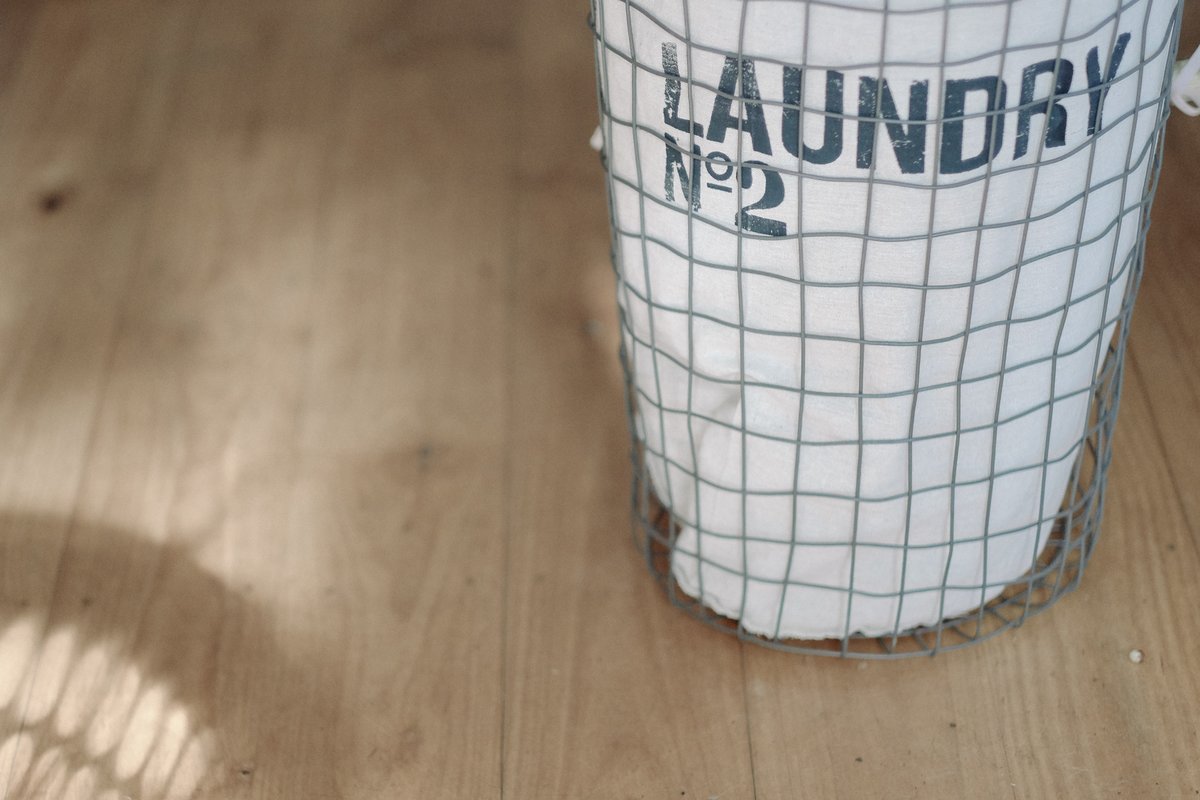
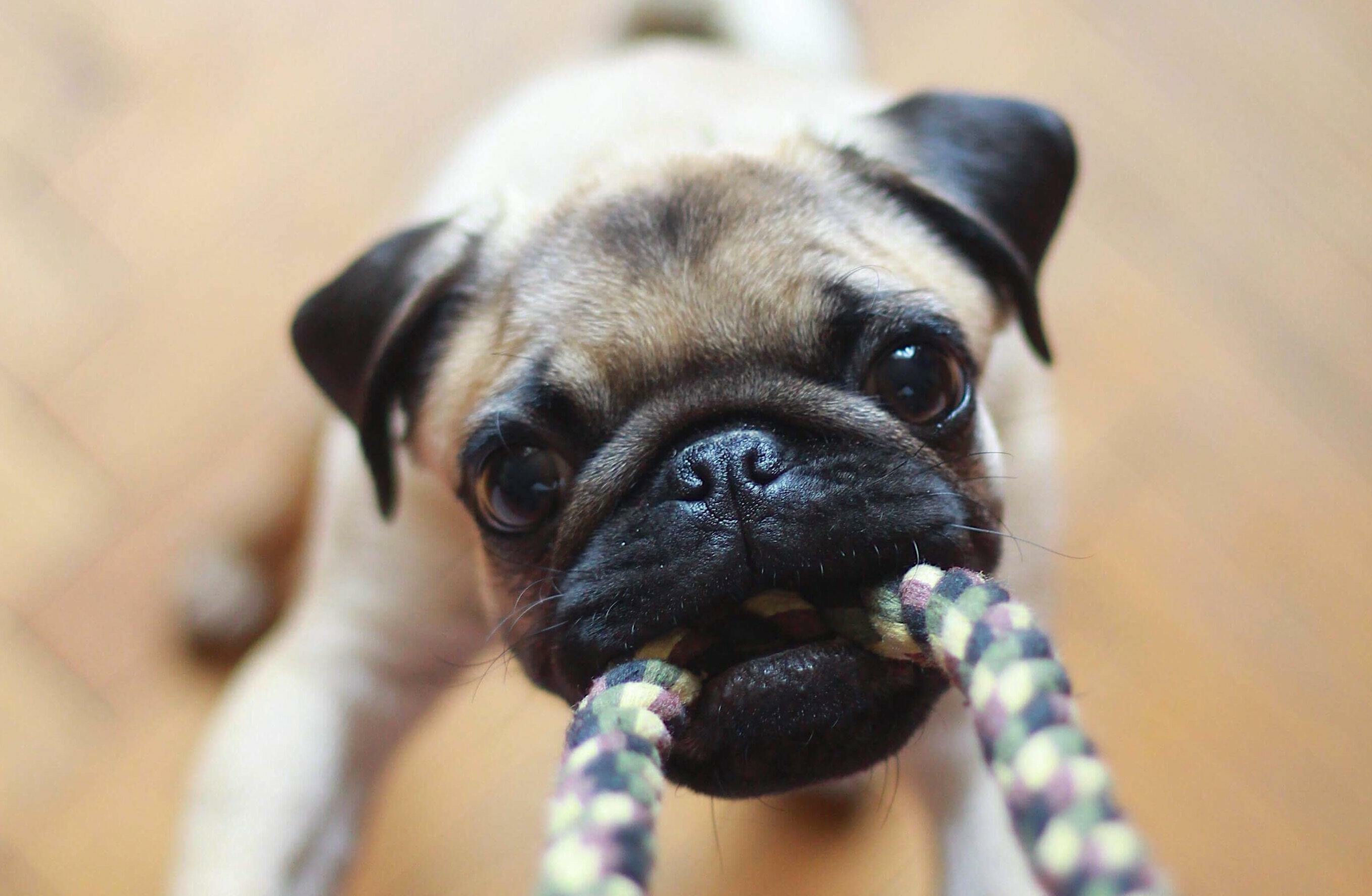
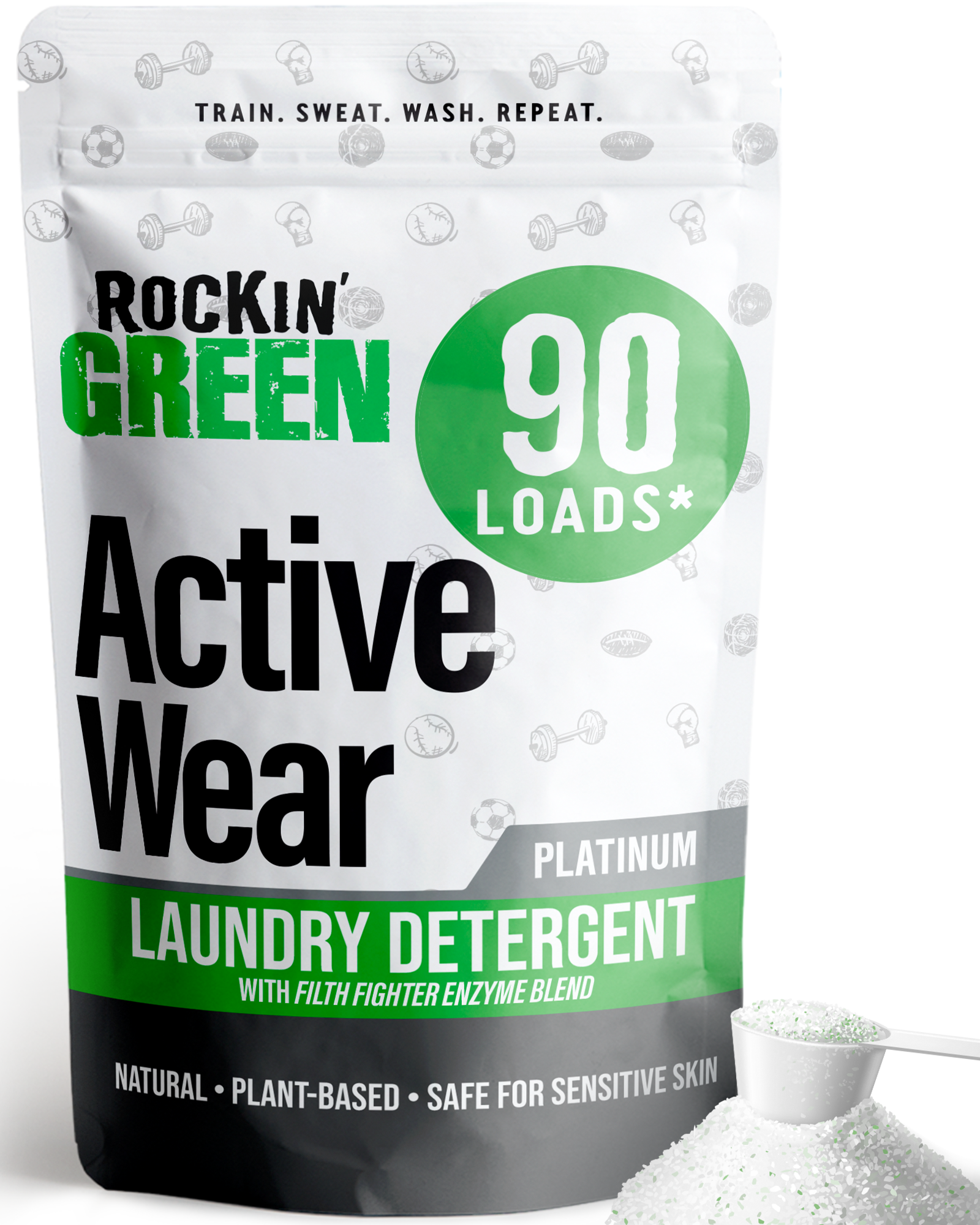
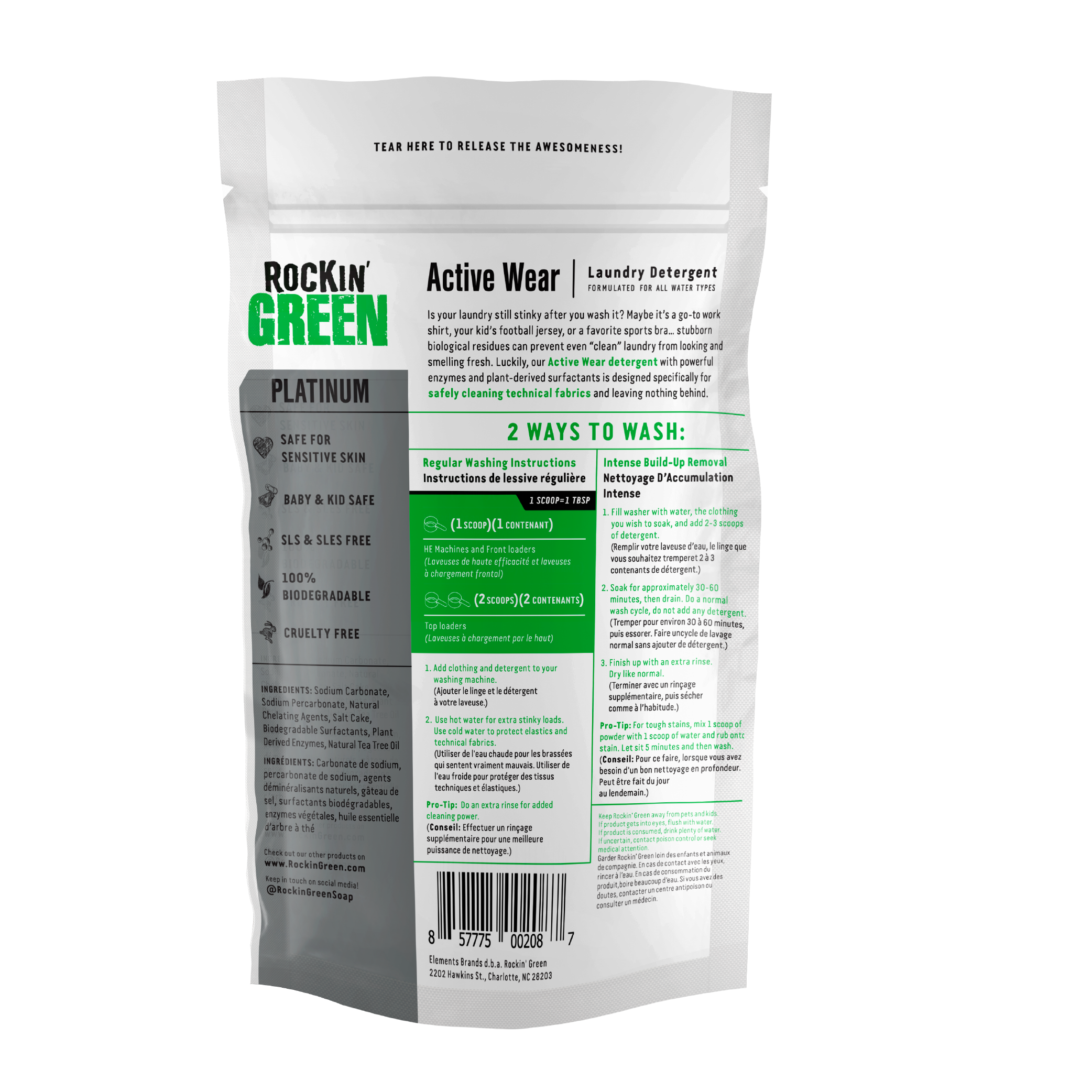

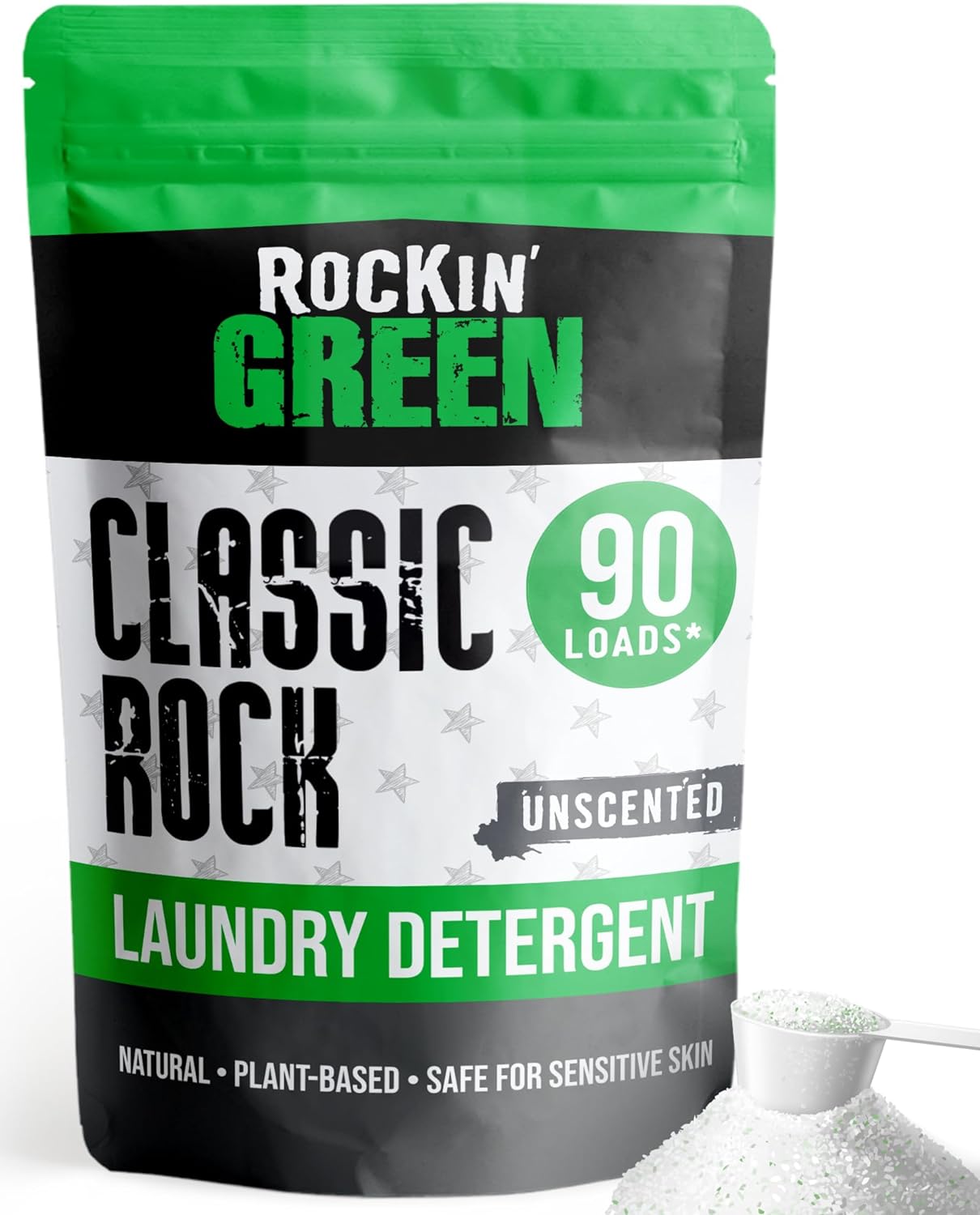
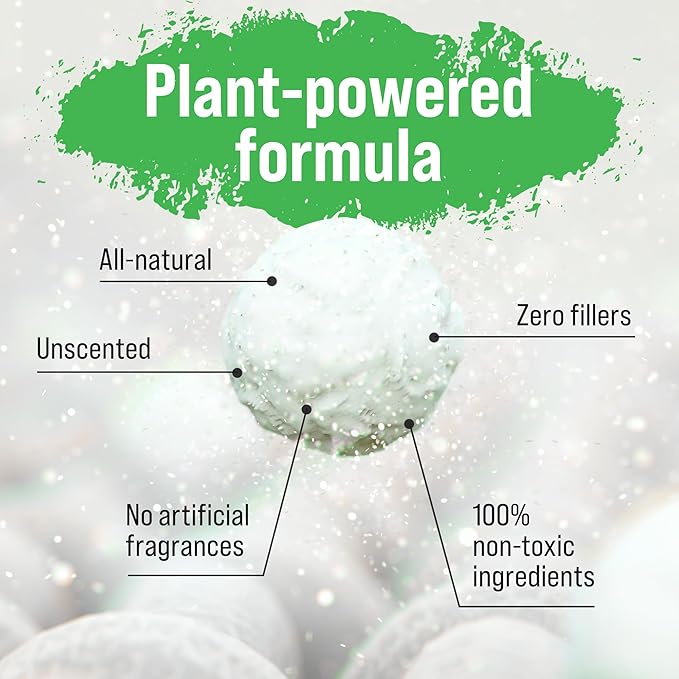
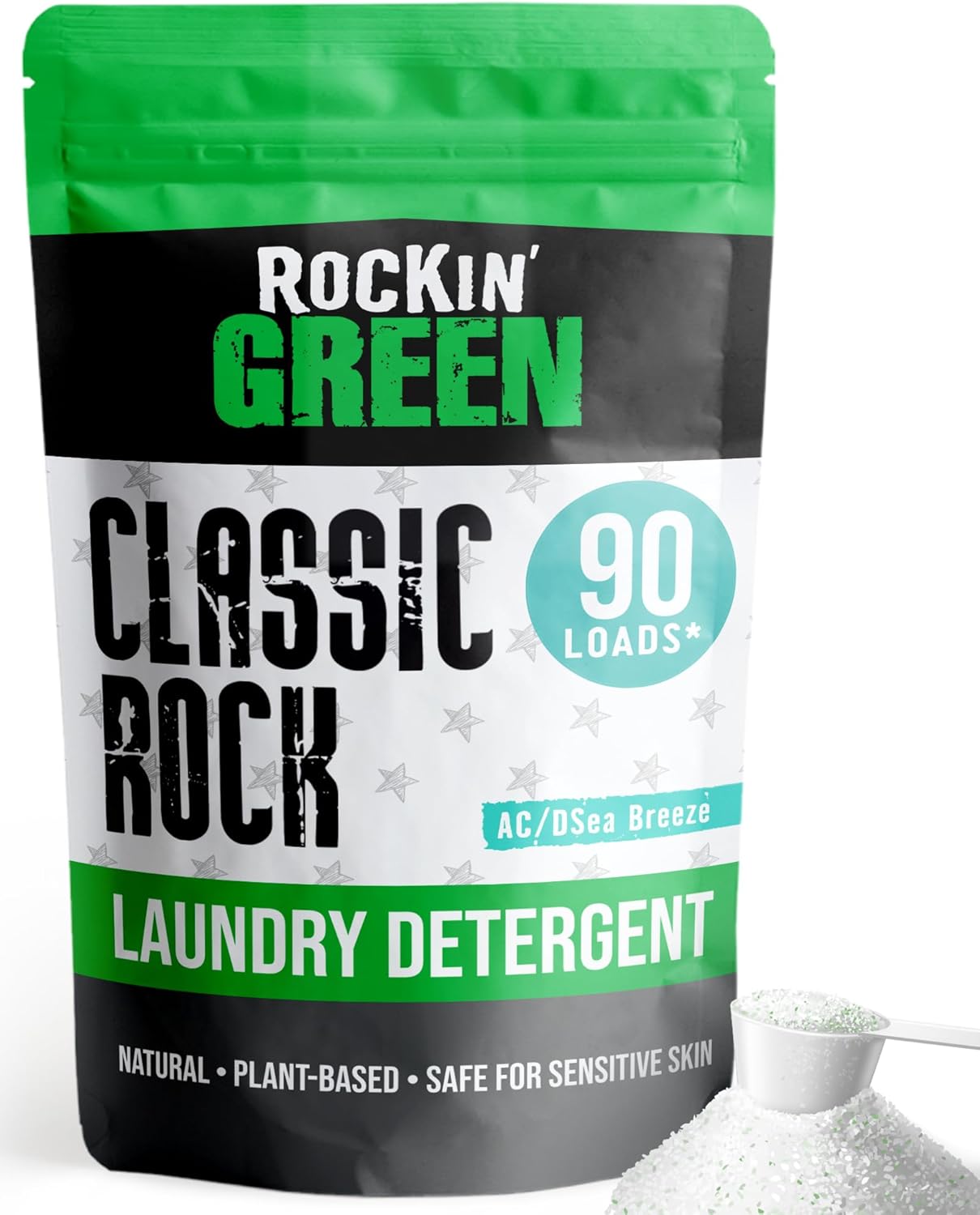
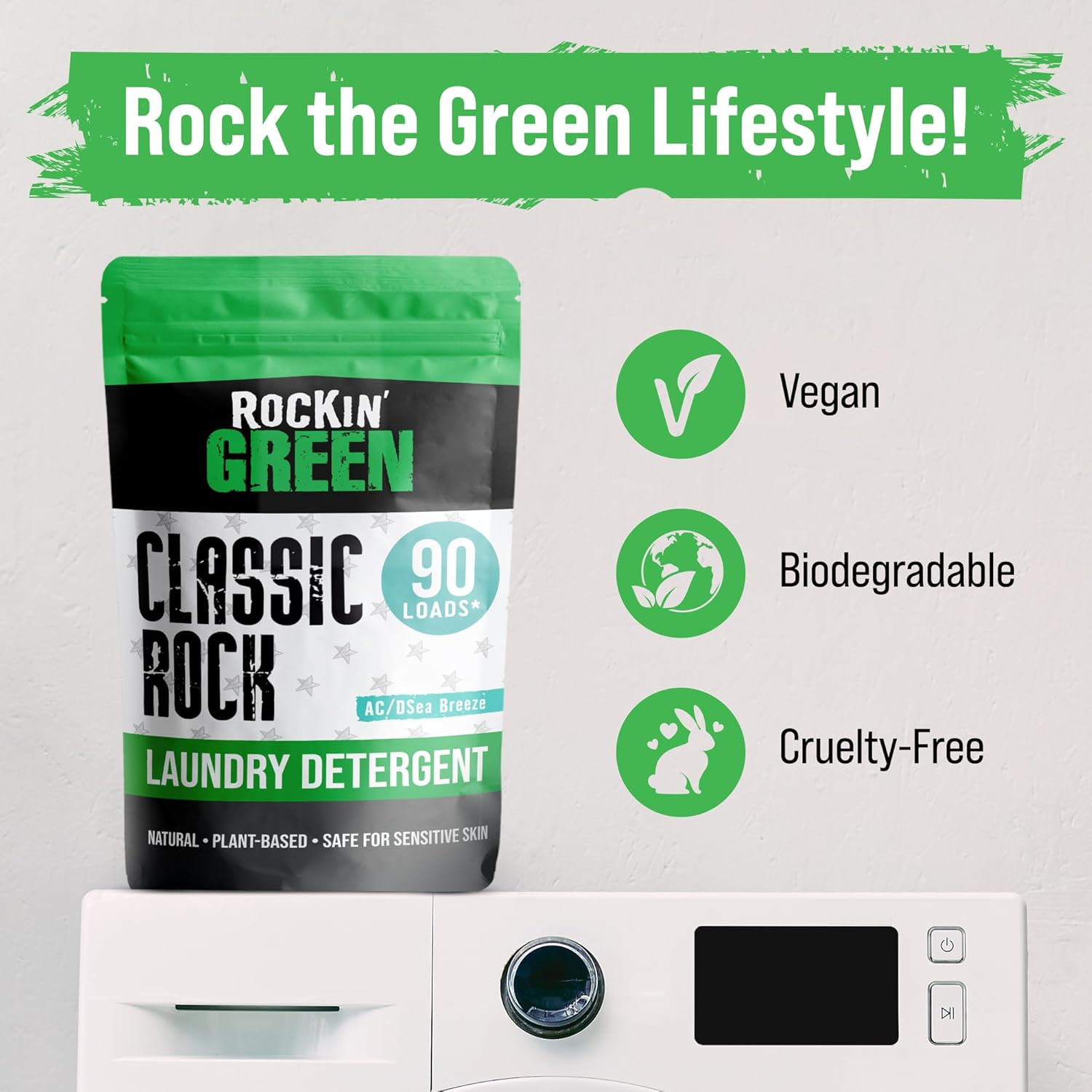
Leave a comment
This site is protected by hCaptcha and the hCaptcha Privacy Policy and Terms of Service apply.